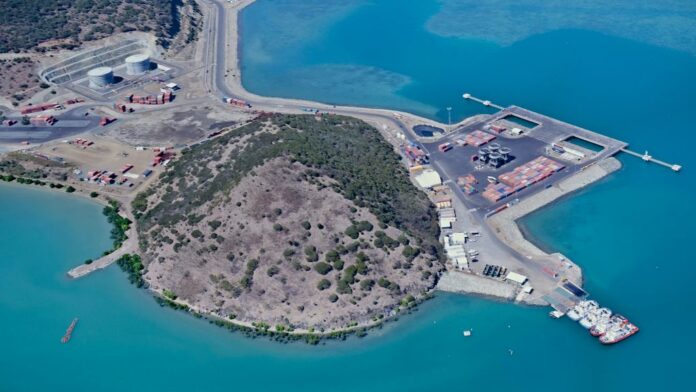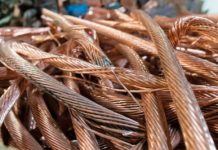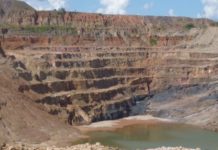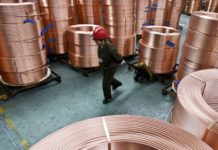
THE steep decline in the nickel price has claimed another scalp after Glencore said on Monday it would shutter its 49%-owned Koniambo mine.
The announcement is no great surprise as Glencore said in September it would only continue to fund Koniambo, situated in the South Pacific island nation of New Caledonia, until February.
Glencore said at the time it would work with shareholders of Koniambo Nickel SAS (KNS) – a joint venture between Société Minière du Sud Pacifique SA (SMSP) and Glencore – to find alternative sources of funding.
Glencore today it would seek a new “industrial partner” for KNS whilst keeping the operation’s furnaces hot for six months while it “transitions the mine to a state care and maintenance”.
“This decision follows several months of extensive discussions and negotiations with relevant government and other key stakeholders,” said Glencore. “Even with the French government’s proposed assistance, high operating costs and current very weak nickel market conditions means KNS remains an unprofitable operation,” it said.
The nickel price has fallen about 38% in the last 12 months largely owing to an expansion of metal from Indonesia. Processing innovations have allowed that glut to be refined into a high-quality product that’s hitting the battery market.
In January BHP said it was considering options for its nickel production while First Quantum Minerals said it would halt mining at its nickel and cobalt operation in Western Australia and cut a third of the workforce in response to weaker metal prices and higher costs. South Africa’s Sibanye-Stillwater is also struggling to make money from its Sandouville refinery in France.
Glencore had sunk more than $4bn into Koniambo since 2013 and $9bn since project inception. The operation had not made a profit in the last 10 years, it said.
“Glencore is appreciative of the French government’s efforts to revitalise and rescue the nickel industry in New Caledonia, however, even with the proposed assistance, KNS remains an unsustainable operation and Glencore cannot justify continuing to fund losses to the detriment of its shareholders,” the group said.











